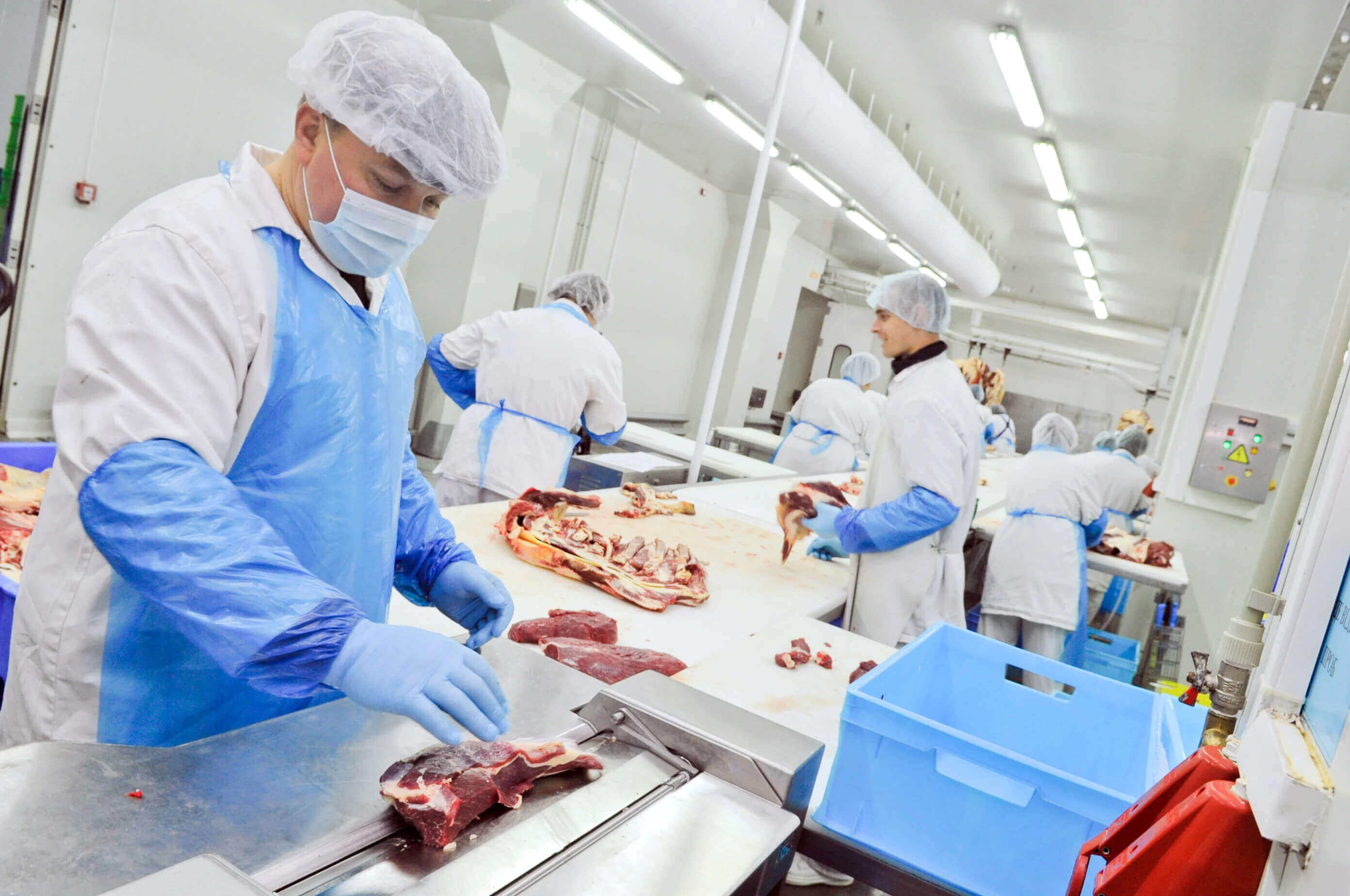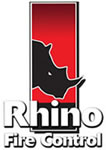
False Alarms: What Can Trigger Them and How Do They Affect Workplace Downtime?
When a fire alarm sounds, most people’s instinctive reaction is, quite rightly, to stop what they are doing and leave the building as quickly as possible. For this reason, a false fire alarm (a signal that is produced by a fire alarm system but not caused by a fire) can cause downtime, inconvenience, and income loss. For example, in a food manufacturing business, stopping production could result in spoiled products and waste, which will impact directly on profits. In Fire and Rescue Services, callouts to false alarms divert resources away from real emergencies, and for occupants, regularly occurring false alarms may reduce compliance with genuine alerts – posing a serious health and safety risk.
What Can Trigger A False Fire Alarm?
Most false alarms are not caused by defective equipment, although regular maintenance from a BAFE-certified fire safety specialist will ensure that your fire alarm systems are always in optimum condition. Occasionally, a smoke or fire detector fault could trigger false alarms, so an expert inspection will ensure that any problems are identified and resolved.
Common causes of false fire alarms include:
- Smoke or fumes from equipment or work practices, such as cooking, steam, and aerosol sprays.
- Excessive humidity in working environments.
- Dust particles in the environment that are mistaken for smoke by the detector.
- Insects that find their way into the detection device.
False alarms can be reduced or avoided by:
- Installing fire and smoke detection devices in a suitable location to prevent accidental activation (for example, away from direct sources of steam and heat).
- Specifying the correct type of fire detection for the environment with technology that knows the difference between what is a fire and what is not a fire.
- Creating an effective fire safety plan that takes account of the nature of your business operations and the layout of your premises.
- Ensuring that all staff understand how their actions could cause a false alarm and ways they can help to prevent the situation.
- Maintaining fire alarm systems in accordance with the manufacturer's recommendations and legal requirements, ensuring that equipment remains in excellent condition.
All these steps are best undertaken by a qualified fire safety specialist, such as Rhino Fire Control, who can draw upon years of experience of designing and installing fire alarm systems in different businesses.
Contact Rhino Fire Control For The Ultimate In Reliability
At Rhino Fire Control, we understand the most common false fire alarm causes and the disruption that follows. Our experienced BAFE-certified technicians can design, install, and maintain a fire alarm system that delivers exceptional and reliable performance, giving you confidence that you can rely on it in an emergency.
To find out more, please call us today on 01278 422705 or send us a message.



